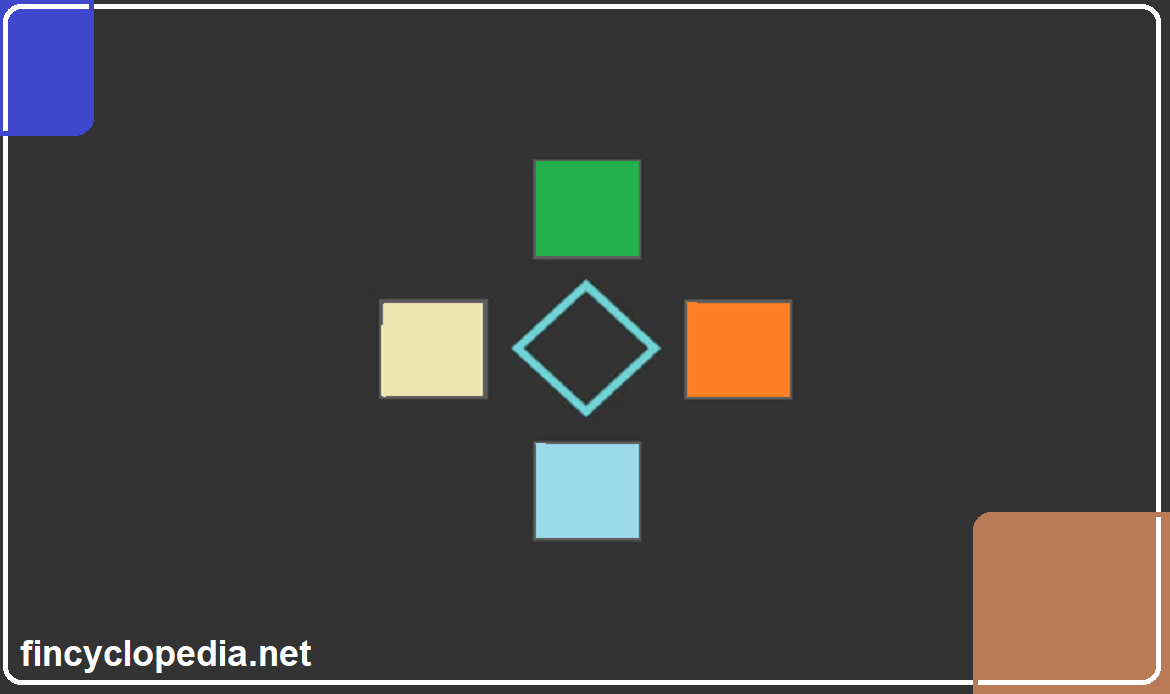Trading (mutajarah) refers to the activities of buying a certain object (commodity, asset, etc) with the intention of selling, typically for halal profit. The profit is the difference between the sale price and purchase cost. In this sense, trading involves the use of capital for the purpose of making profit. Trading is, thus, characterized by some distinct features, including:
- It involves the transfer of possession (heyazah or mulkiyyah) from the seller to the buyer at the time of contracting.
- It facilitates meeting individuals’ and entities’ needs by supplying the goods and services demanded by them.
- The profit is included in the price, and becomes an integral part of the value of the object of sale.
- By nature, trading is either immediate (spot) or forward (for a medium term).
In terms of the items of exchange, the underlying object of sale, and the price (thaman), shari’a classifies the modes of trading into the following:
- Barter sale (muqayadhah): it is the sale (or exchange) of an asset for an asset. An example is the exchange of ten vehicles for one house.
- Currency exchange (sarf): it is the sale of a price for a price (al-thaman bil thaman or currency for currency). In other words, it constitutes the exchange of money for money. An example, is the exchange of dollar for dinar.
- Ordinary (or absolute) sale (ba’i): it is the exchange of a commodity for price (thaman). If the price is settled at the time of sale, then the transaction is called a spot sale (ba’i ‘ajel). And if the price is deferred, then it is a sale on credit (ba’i bid-dayn)
- Forward sale (ba’i ajel): it is the sale of a price for an asset. Put another way, it is a transaction in which the price is paid in immediate cash, while the delivery of underlying goods is deferred to a certain future date. In this sense, forward sale subdivides into salam sale and istisna’a sale. In salam, the price is paid in full at the time of contracting (i.e., at the contract session). In istisna’a, the price is usually paid in installments or it may be deferred to the future.







